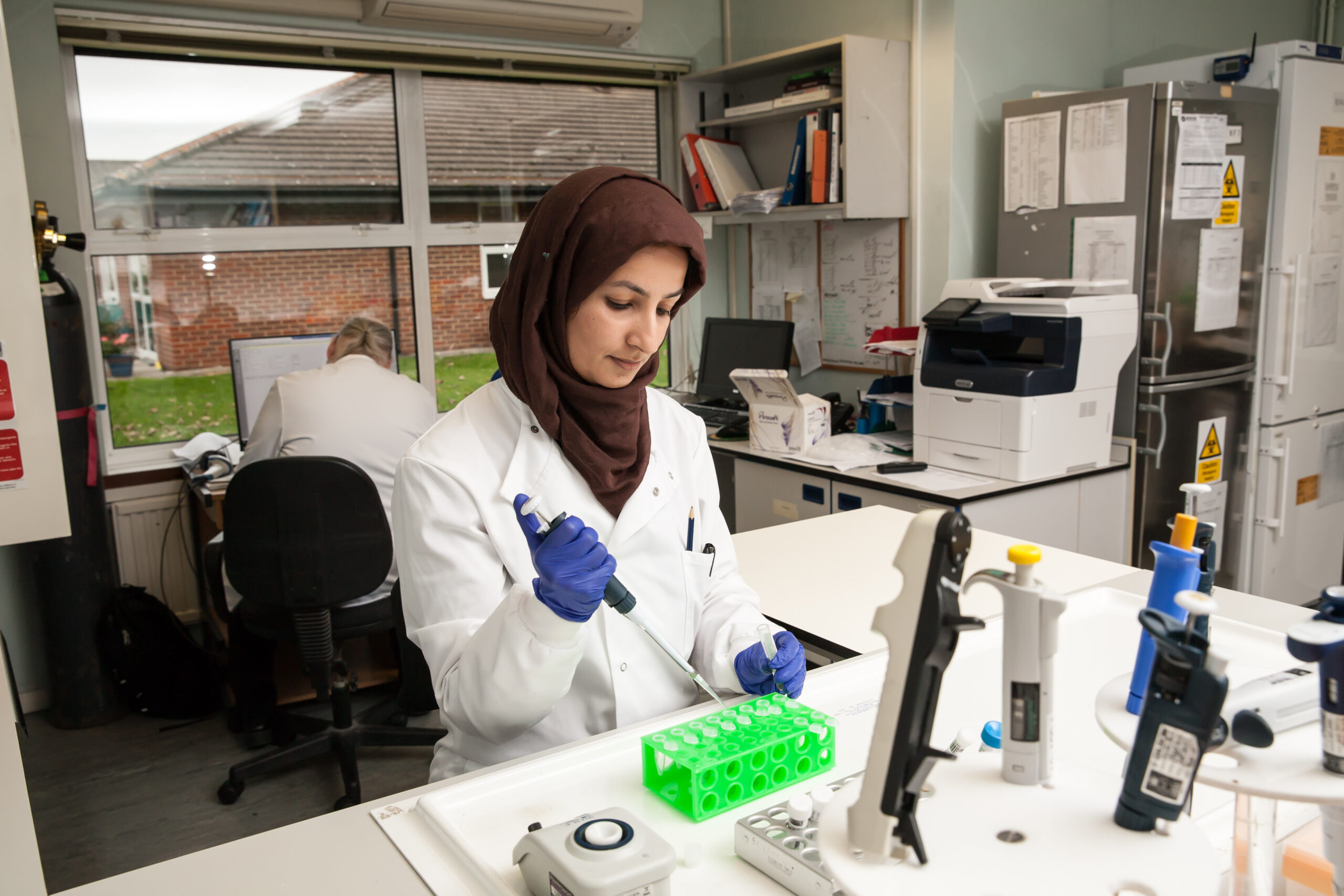Copyright newstatesman

You only have to look across the Atlantic to appreciate the impact that politics can have on scientific research. The threats made by the Trump administration to freeze grants and funding for many of the most respected research institutes and universities has had a chilling effect. Researchers, fearful for the future, have been packing up their microscopes and mothballing their laboratories – and the impact has not only been felt in the US but here in the UK, too. Many international collaborations have been frozen or ended, with projects at many top universities finding the fiscal rug pulled from under their feet. Of course, political fragility is nothing new. But perhaps over recent decades we had felt that this was a relic of our less enlightened past – that it was a battle that had been won. We all know that for scientific endeavour to succeed and flourish it must be firmly rooted in the fertile ground of intellectual freedom. But in these turbulent times I make no apology for saying again that the first requirement for scientific creativity is intellectual freedom. The second requirement is a truly diverse team. Research is a global affair, now more than ever. And it is no longer – if it ever truly was – the preserve of supremely gifted individuals. Research is a team sport. A fully international laboratory, with representation from Europe, Asia, Africa, the US and beyond, allows for a fertile exchange of skillsets and experiences that enriches the research landscape and benefits patients. International collaborations are particularly key in the study of rare diseases, where pooled datasets increase statistical power and allow for the identification of rare genetic markers, leading to better diagnosis and greater treatment options. This is unquestionable in the field of epilepsy. But is the UK life sciences sector doing enough to create a fertile environment that supports global talent alongside home-grown talent? Could we do more to attract top researchers from overseas to our world-leading labs and encourage greater creativity and innovation on home soil? The UK is undoubtedly a global leader in life sciences. It is home to several of the world’s top universities for life sciences and medicine. It has an enviable track record of scientific breakthroughs, including the discovery of penicillin, the structure of DNA and developments in IVF and stem cell research. The UK also became the first country to approve and roll-out vaccines against Covid-19. But in spite of a widespread acknowledgement that international talent is needed in order to maintain our position at the forefront of science, our systems are beleaguered by red tape and bureaucracy. Yes, the UK’s life sciences research is cutting edge, but we’re also at the mercy of a filing-cabinet mindset, where processes move at a bygone pace. The non-profit organisation Campaign for Science and Engineering recently published a report showing that one of the greatest barriers to recruitment in R&D is the complexity of the visa system with its accompanying high costs. If the UK is to be welcoming to global talent, then the entry system needs improving, and fast. The impressive £54m Global Talent Fund has been created to help attract top researchers from around the world. But competition is fierce. The EU has set aside €500m (£434m) to make Europe a magnet for researchers, and Japan has earmarked $700m (£493m) to capture some of the talent that is pouring out of the US. UK immigration or visa delays could see the country’s laboratories losing out. Barriers at the Home Office are not the only hurdle holding back research and potentially life-saving treatments of the future. Facilities are also essential. Unlike high achievers in some other fields, many – if not all – life scientists need cutting edge technology and premises to do their best work. These things cannot be provided at the drop of a hat. Over in the Ministry of Housing, Communities and Local Government, reforms in the planning and infrastructure bill cannot come quickly enough – for decades, nimbyism has led to the blocking of essential housebuilding as well as other vital infrastructure. This has been a barrier for progress at my own charity, the Epilepsy Society, where we are desperate to develop a substantial part of our 300-acre site. This would raise £93m to accelerate research into the causes and treatment of epilepsy. The development would be on green belt land and, understandably, there has been local opposition. It has become a tussle between the rights of people wanting to walk their dogs there versus the right of people with epilepsy to a seizure-free life. At what point does the green belt – and not a particularly luscious part of it – count as a greater priority than people’s health? One in 100 people has epilepsy. It is one of the most common serious neurological diseases. Every year, 1,200 people die of epilepsy-related causes, many of them young people on the cusp of adult life. In the three years since our planning application was submitted to the local authority, over 3,600 people will have died. Reforms to the planning and infrastructure bill will speed up much-needed development. They will slash through the red tape that is holding up important planning applications such as our own. They could ensure faster progress towards 1.5 million new houses across the UK for those who desperately want a home of their own. And in our neck of the woods this could mean thousands more people with epilepsy will be able to enjoy a seizure-free life and contribute to the UK’s economy. Significantly, the scheme would enable us to attract up to 100 of the most talented researchers from around the world – visa dependent – to nurture alongside our own home-grown talent, generating economic activity and growth. Life sciences can be an engine for health-related economic growth. According to the consultancy Frontier Economics, there is £246bn to be gained in productivity growth from improving health outcomes in the UK. Big sums and big ideas. But at the heart of research is the patient and the difference it could make to their lives. I hope the visa system gets sorted. I hope that planning is allowed to block the blockers. And, if so, that UK life sciences will thrive and develop. It could not be more important for hundreds of thousands of people, including those with epilepsy. Because we must never lose sight of the human benefit of life sciences research. Of those whose lives will be saved or made so much easier as a consequence of our amazing life scientists. Doing exactly what it says on the tin.



